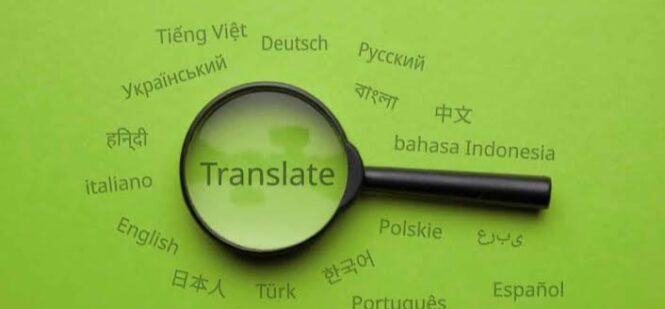
03.04.2023
Two-day symposium organized by Alexa Alfer and Cornelia Zwischenberger, held 6-7th July 2023 in London, UK
This symposium will be devoted to explorations of the concept of labour arising from Translab’s hallmark blending of ‘translation’ and ‘collaboration’. It posits that the concept of labour, as distinct from ‘work’ (Arendt 1958/1998; Narotzky 2018), warrants more sustained engagement on the part of both Translation Studies and the translation profession. While digital labour (Fuchs 2020), playbor (Kücklich 2005), fan labour (De Kosnik 2012), affective labour (Hardt 1999; Koskinen 2020), emotional labour (Hochschild 1993), or (im)material labour (Negri & Hardt 2004) may present themselves as particularly topical sites for such exploration, both labour and work are also important yet largely underarticulated dimensions in discussions about translation in a professional context and in debates about the distinction between professional and non-professional translation. Last but not least, we are keen to extend consideration of the labour concept to translation as such, and to interrogate its relevance to current debates about the translation concept.
While the concept of work is perhaps more readily associated with translation in professional discourses at least, translation as labour, i.e. as an activity structurally embedded in capitalist chains of surplus-value production (Zwischenberger and Alfer 2022), features far less prominently in current debates. However, foregrounding labour as a fundamental dimension of translation (and, for that matter, interpreting) allows both researchers and practitioners to investigate translation and interpreting more closely from a socioeconomic perspective. This should, in turn, help develop impactful alternatives to the prevalent ‘professionalisation’ discourses intended to raise the socio-economic status of translators, and critique the ways in which many of these discourses create idealised narratives of translation and interpreting that tend to foreground the processes of work while masking the labour involved in producing outputs whose value is, quietly or overtly, appropriated by those with a stake in the means of their production. Shining a spotlight on the surplus-value inherent in translation as the commodifiable expansion of a source text thus also uncovers the translation concept itself as the site of an unarticulated and unresolved tension between two competing and converging cultural narratives that pivot on conceptions of value as, on the one hand, inextricably bound to and, on the other, posited firmly “outside of a profit-motivated relationship” (Fayard 2021, 216).
Papers are to be submitted by the 3rd of April 2023

